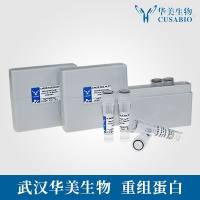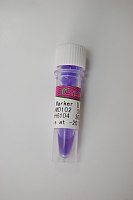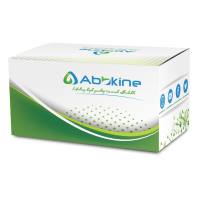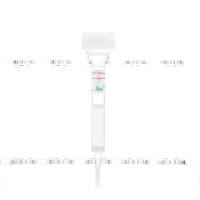The isolation of genomic deoxyribonucleic acid (DNA) is a crucial step in the process of DNA profiling. The success of all subsequent genetic-typing procedures depends on the availability of sufficient amounts of highly purified DNA from biological crime stains as well as from reference blood samples. High-mol-wt DNA is usually only required for DNA-profiling protocols based on Southern blot analysis and hybridization with multi- and single-locus variable number of tandem-repeat (VNTR) probes in cases in which stain samples contain at least microgram amounts of DNA. The DNA extraction yield from biological stains is difficult to estimate in advance and depends on a number of unpredictable factors regarding the stain sample, e.g., storage conditions, exposure to heat, sunlight, moisture, or bacterial and fungal contamination, all of which influence the quality and final yield of the isolated DNA. However, the isolation of high-mol-wt DNA might also be appropriate for small stain samples that initially appear to be suitable only for polymerase chain reaction (PCR) typing. This allows a decision on the typing method after recovery of the stain DNA based on the amount and quality of the extracted DNA, thus providing more flexibility for the profiling procedure.






